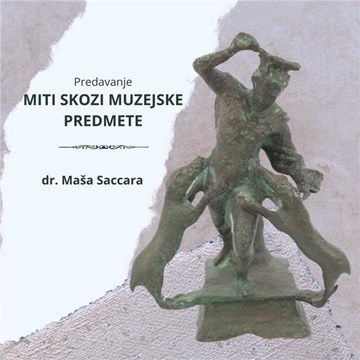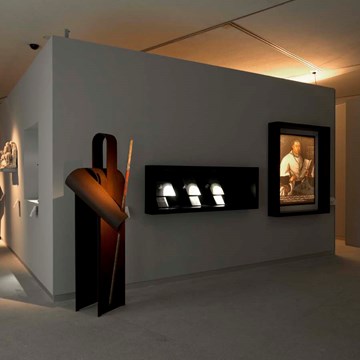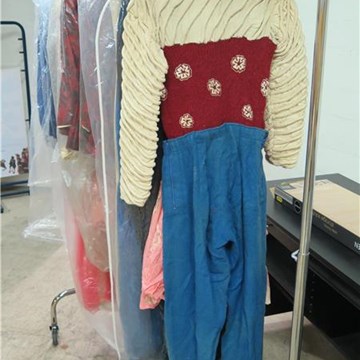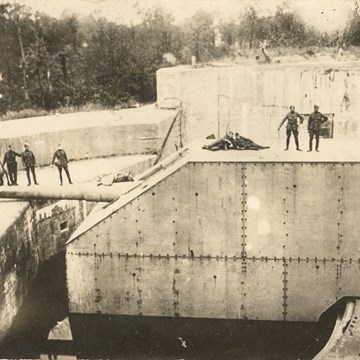The Chideock Egg Lady: One Woman's Role in World War I
Bridport Museum's exhibition to commemorate the 100th anniversary of the start of World War I takes its inspiration from a small archive collection known as the 'egg letters.'
The collection came from a local lady called Chrissie Squire. Chrissie found a way of making a unique contribution to the war effort. She became involved with the National Egg Collection. This was an initiative set up in the early days of the war under the patronage of Queen Alexandra to collect eggs and distribute them amongst wounded soldiers in France to provide additional and much needed sustenance.
The scheme continued throughout the war and an astonishing number (well in excess of 20 million) of eggs found their way into hospitals over the course of the four years. 64,000 passed through the collection centre in Bridport Town Hall and of these Chrissie certainly contributed hundreds, as we know from various receipts she saved any awards she was given. More importantly, she personalised her eggs, putting her name and address on to them, painting intricate little pictures and sometimes adding a poem or an encouraging word. In return she received many letters from soldiers thanking her, and giving her snippets of information about their lives.
These letters were saved and are currently held at the Local History Centre in Bridport.
We know that often there was a lottery or draw to determine which man in a hospital ward would be lucky enough to receive the decorated egg. And we know that some of the soldiers either kept the whole egg rather than destroying the paintings or managed in some way to blow the egg out and preserve the shell. We don’t know if any of these eggs are still in existence.
The letters are written by men of varying ranks and of several different nationalities including British, Australian and Canadian. Some come from hospitals in the UK and most from France. Together, they paint a fascinating and often heartbreaking picture of life as a soldier in the First World War. We learn of terrible injuries and illnesses borne with extraordinary courage and dignity. We read about the horror of the battleground, the grim and unrelenting hardship and tedium of life in the trenches, the comradeship of fellow soldiers, the kindness of nurses. Grimness pervades all the letters, despite obvious attempts to hide the worst from the folks back home.
Suitable for
Any age
Website
www.bridportmuseum.co.uk
Source: http://www.culture24.org.uk//sw000151?id=EVENT466664
Exhibitions and events from this museum
We don't have anything to show you here.
Activities from this museum
We don't have anything to show you here.










